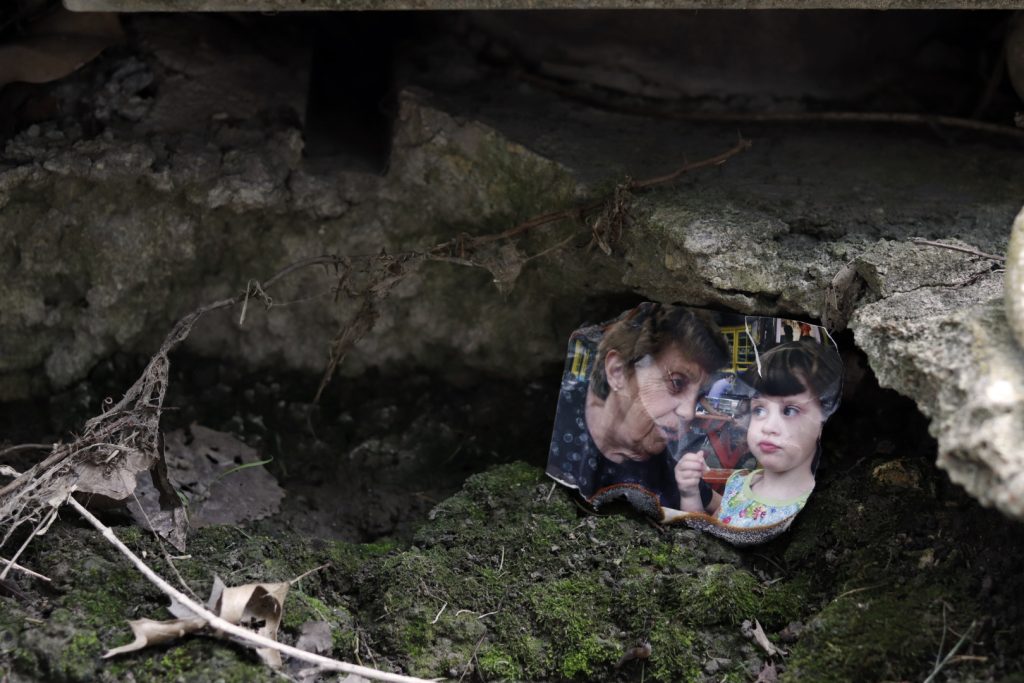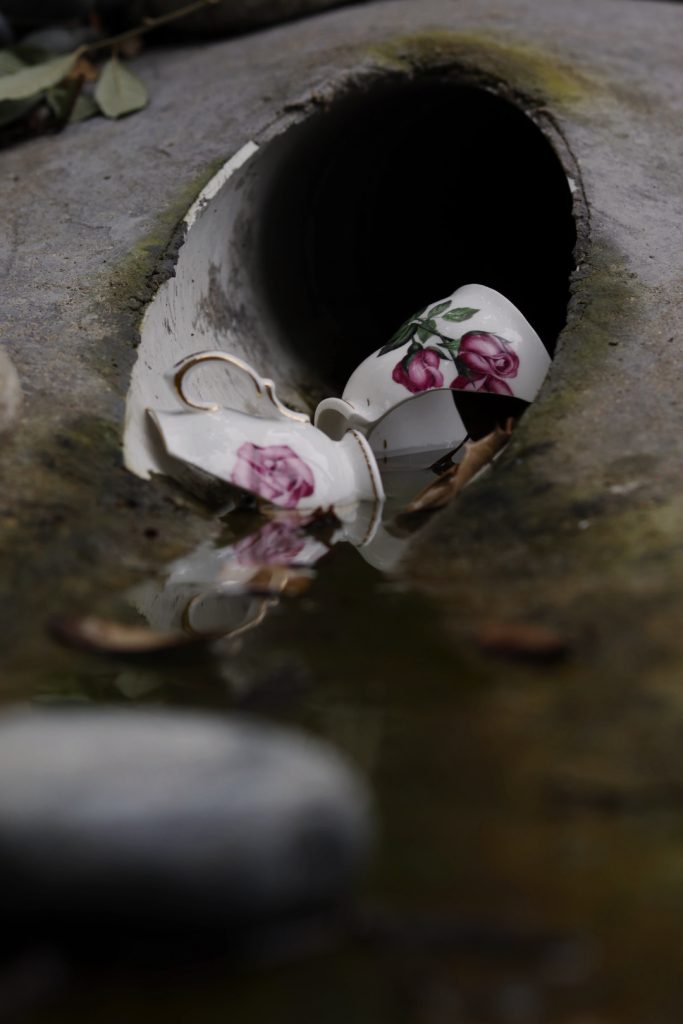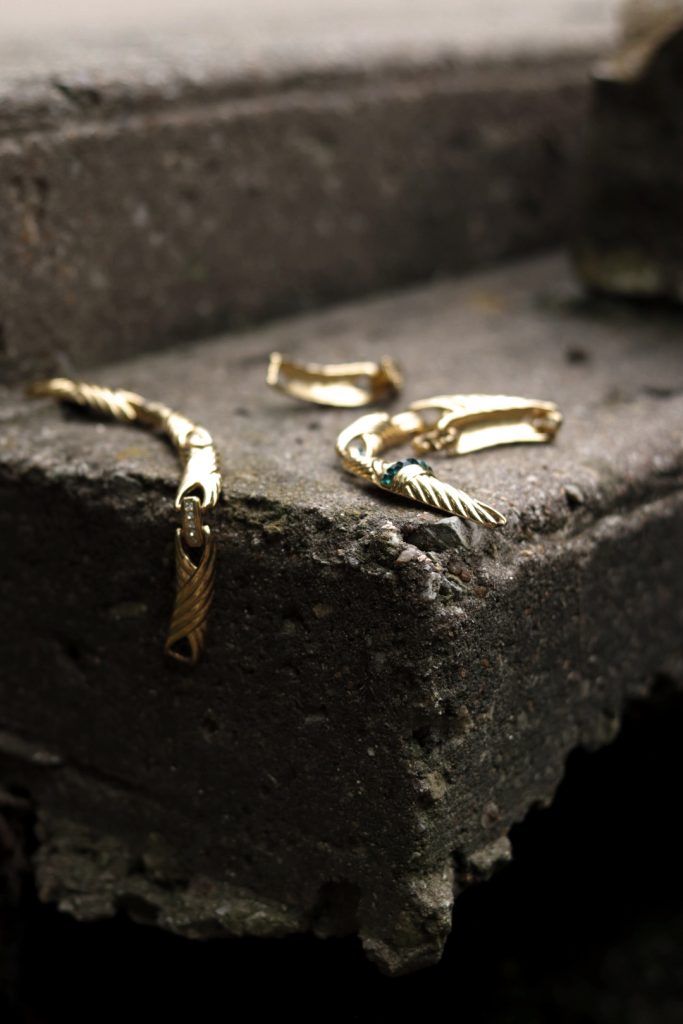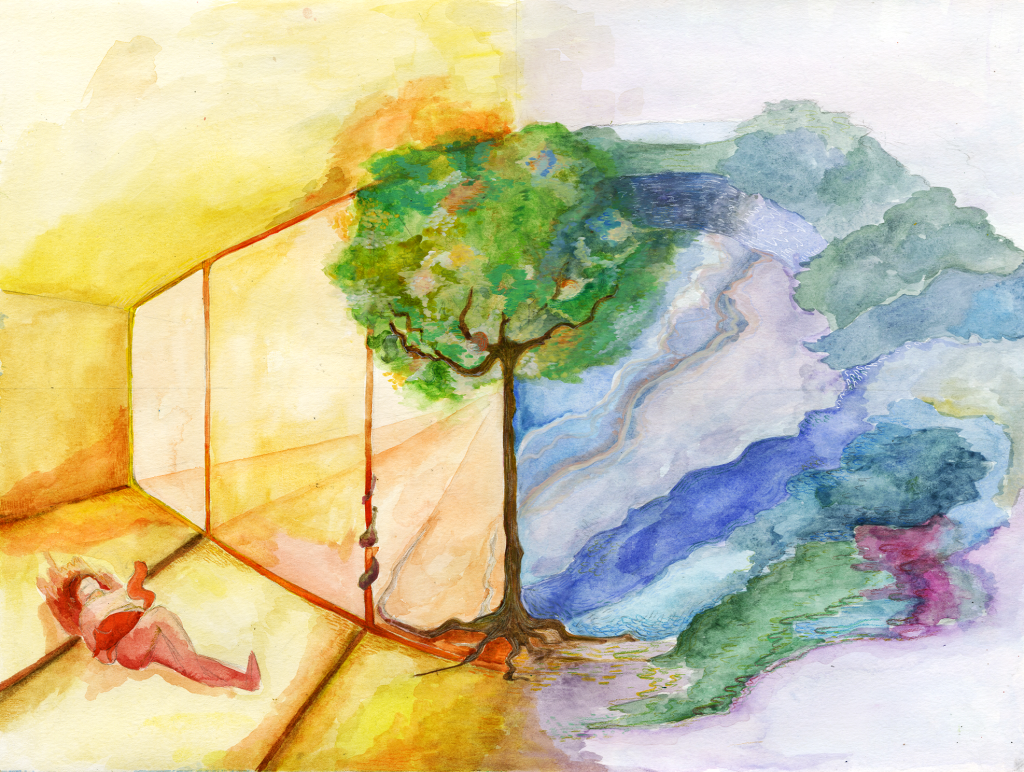I am at the coffee shop three months after my father’s death, when I develop a strong thirst for an extra foamy cappuccino.
I decide to make it myself, directly on the stove, like he used to. In the brief moment before I head from the front door to the kitchen at the back, I lean against a wall and watch the scene, my head resting on a frame of purple interlocking triangles. Inside our coffee shop, it is nice and warm, the air redolent with oven-hot scones, croissants, buns, cakes, doughnuts, cookies, pies, and coffees of every brew and flavour. I move around for a while, returning a pleasant nod from one customer and offering my compliments to another. It is heads, shoulders and moving hands hovering over the mahogany table tops. I maneuver the spaces around the tables, careful not to knock my fragile knees into a chair, or worse, bump into a barista carrying a customer’s order.
Most of the customers around are elders; friends and associates of my father. I try not to catch them staring at me. I see the sympathetic expressions on their faces, the noiseless sighs they heave before taking another sip of coffee. When I catch their eyes, I manage a smile as bright as it is fake. Old Roger, with his characteristic solemn expression, sees me and raises both eyebrows in acknowledgement. My lips curve into a small smile. Like always, he is alone at his table, eating a large doughnut with his pumpkin spice latte. His spindly fingers hold on tight to the day’s paper.
I stop by the espresso machine on the back counter and retrieve the transparent pot of roasted arabica beans before strolling into the warm kitchen. There are three workers—my father’s employees—moving tirelessly, each in separate stages of pastry making. I exchange a few greetings with each of them; Harold, a bushy-haired man with a perpetual about-to-sneeze look on his face, Wale, a younger man whose woolen mittens dangle from his yellow apron, and good Sylvia, a lifelong friend of my father. I put a small pot of milk to the boil. Then, I fetch a handful of rough coffee beans from the handy little pot and set them on a tiny mortar, ready to pestle them to an airy smoothness.
Five minutes later, I tuck my hair behind an ear and put down the pestle, satisfied with the results despite the burn I feel across my upper arm. Tiny coffee particles float in the air and tickle my nostrils. Harold sneezes ever-so-softly in the distance. I cart the fine powder into the espresso machine, and return to the now bubbling milk, suddenly at a loss for what to do next.
Soon, the milk spills over. I know it is not supposed to spill over. But my mind goes blank. There is someone else standing with my feet, watching the boiling milk dance energetically with my eyes, hearing the sharp hiss of the fire below as it protests contact with liquid using my ears, and sniffing the aroma of baking dough and boiling milk with my nose.
My father would know what to do next.
This is the strange thing about sudden death; the way it matures those left behind. You don’t know how to deal with this foreign emotion that arrives as a visitor, but stubbornly overstays its welcome. You don’t realize how coping with the loss has impressed on you the urgent need to be serious, to smile no longer, and to shut yourself from the world. The pain sears your insides, and attacks your throat with the bitter, constricting sensation that always comes before the tears. But you cannot cry anymore, because it is a luxury that the expectations of well-wishers have gently snatched. You master the art of feeling many things at once, thinking many thoughts at the same time. How you need to appear before people as the right amount of sad, how the last time you drank coffee was at dinner, three months ago with your dad, how it spilled copiously on your white t-shirt and scorched your chest, how hard he laughed when you complained that coffee only ever spilled when you had white shirts on, how you will never again hear that warmhearted, rasping laughter, how hard it is to accept he just went to bed and never woke up. You will hold on to every memory for the longest, every frown and whisper, every goodbye hug, and every eyelash. And you will wish you didn’t have to mature this way.
I take a deep gasp and a few steps back. No one seems to notice my almost breakdown so I grope for a cane chair nearby. The heat of the kitchen, burning milk, baking food and all, strikes at my face and neck. I motion to Sylvia to seek her help, seeing as she’s loaded the last tray of doughnuts into the oven. She nods, dusts her flour-coated hands on her green tartan apron before approaching me.
I like Sylvia. She is the most relatable despite being nearly thrice my age. She stands before me in an instant. She has bright blue eyes, a small, friendly stature and a perfect spray of freckles.
“Holy sassafras!” Sylvia exclaims. It is hard to believe that she’d not noticed the milk on fire till then. “First of all, turn it off.” She takes two steps to the large burner, and puts off the stove with a flourish. She does the same with the whirring espresso maker. “How have you forgotten that, kiddo?”
I laugh nervously, and she joins in, clapping me on the shoulder. “I don’t know… I was thinking of him.” My nostrils flare as I gasp again, ending with a semi-conscious shrug.
“Your father?”
I nod. Who else?
She takes my hand and squeezes it. Her touch is dry and intimate, and when she lets go, there are specks of flour on my wrist. She draws out a cane chair for herself. There is a certain sweetness to her persona, one that reminds you of your favourite ice cream flavour
“Listen, D. Your father was a most kind and loving man. He lived an extraordinarily kind and peaceful life. And he passed away the way he’d lived. He’d want you to move on.”
At her words, a bitter constricting sensation attacks my throat. My grief is fresh like newly-ploughed earth. There is a picture frame of my father right on the opposite wall. In the picture, I see the vibrant smile my father always had. The warm tenderness of his sunken black eyes. The shadow of his widow’s peak covered with a black beanie. The space between his eyebrows that perfectly accommodated my lips in my forehead kisses. He liked it when I jumped on him, even as I grew older and bigger. When I close my eyes, I see him attempt to make foam art of my face in a latte cup. The way his eyes dart to and from my face. The vestiges of youthful strength in his movements. His excellent hand-eye coordination. His vibrant smile as he tells me to put the stove back on, and make my extra foamy cappuccino.
I draw closer to Sylvia. She gathers me in her arms and strokes my hair as the stream of tears swallow my voice, as I cry my heart out for the first time since my father died.
Fadilah Ali is a Nigerian writer living in Edo State. A Best of the Net nominee, her work has appeared in Alternate Route, Isele Magazine, and Overtly Lit among others. Find her on Twitter @/bythealmondtree.



